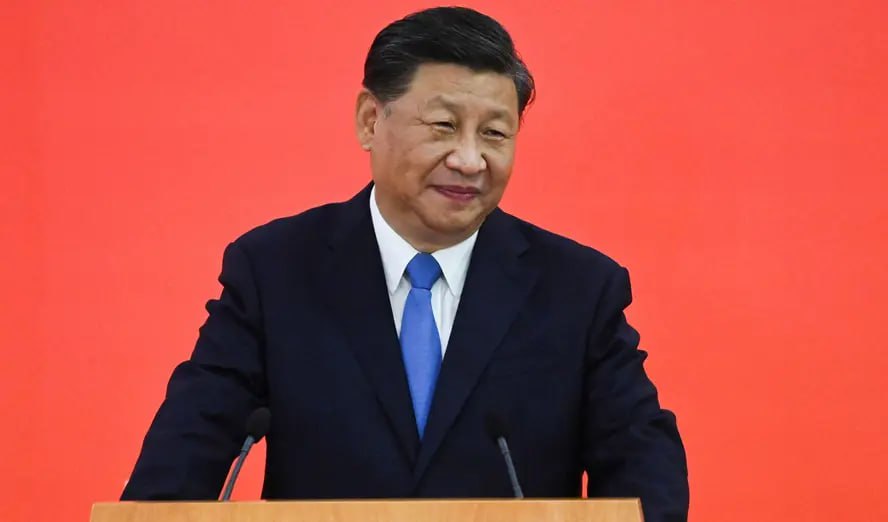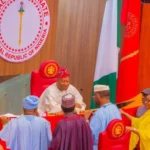China’s President Xi Jinping is set to visit Russia from October 22 to 24 for the BRICS summit, according to a recent announcement by the Chinese Foreign Ministry. This highly anticipated visit underscores the strategic relationship between China and Russia and highlights the BRICS alliance’s growing significance as a counterbalance to Western influence in global economic and political spheres.
The BRICS bloc, comprising Brazil, Russia, India, China, and South Africa, represents some of the world’s most influential emerging economies. Initially formed to promote mutual economic interests, the group has evolved to become a powerful coalition advocating for an equitable global order, pushing back against perceived dominance by Western economies. With Xi’s upcoming visit to Russia, China demonstrates its commitment to strengthening the BRICS alliance, particularly as the bloc continues to attract interest from other nations in the Global South who seek alternatives to Western-led institutions.
This year’s BRICS summit comes at a pivotal moment for the global economy. Tensions between the West and Russia are high following Western sanctions imposed over the ongoing conflict in Ukraine. Additionally, a multitude of issues such as supply chain disruptions, climate challenges, and global inflationary pressures continue to strain economies worldwide. Xi’s presence at the summit signals China’s support for Russia amid these challenges and affirms the two countries’ determination to bolster multilateral frameworks like BRICS that champion a more multipolar world order.
China’s Foreign Ministry spokesperson noted that Xi’s participation in the summit reflects the importance China places on its relationship with Russia, a partner in both economic and strategic endeavors. The two nations have deepened cooperation in sectors ranging from energy to technology. Moreover, recent military drills and bilateral meetings between Chinese and Russian officials underscore a level of alignment that some analysts have termed a strategic partnership, further positioning both nations as key players in reshaping global power dynamics.
For Africa, Xi’s attendance at the BRICS summit presents an opportunity to advance discussions on Africa-China relations, particularly as the continent looks to increase its leverage in the global economy. African nations are increasingly interested in strengthening ties with the BRICS bloc as it offers alternative pathways for trade, investment, and development outside of traditional Western frameworks. China’s role in financing infrastructure, facilitating trade, and supporting technology transfer in Africa has bolstered its image as a steadfast partner. This summit is likely to see expanded dialogues around the bloc’s influence in Africa, with issues such as investment in green technology, infrastructure, and digital transformation expected to be high on the agenda.
The summit will also provide a platform for discussing the potential expansion of BRICS membership, which has been under consideration with countries from the Middle East, Asia, and Latin America expressing interest in joining. Expansion would strengthen the bloc’s influence and increase its collective bargaining power, providing member states a more robust alternative in the global political arena.














Leave a comment